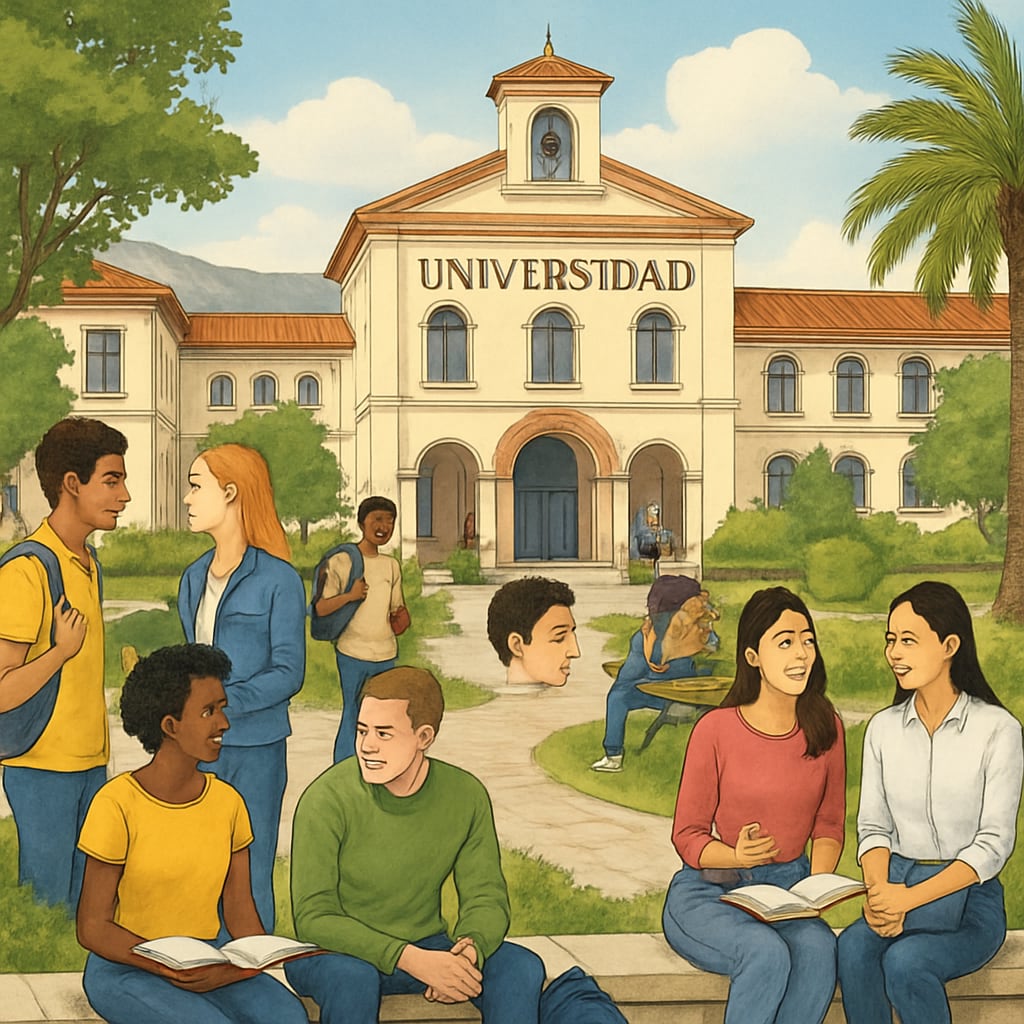Studying a master’s degree in Spain presents a unique opportunity for international students seeking academic growth and cultural enrichment. With its world-class universities, vibrant cities, and rich traditions, Spain has become a popular destination for postgraduate education. However, integrating into a new academic and cultural environment can be both rewarding and challenging. This article explores the feasibility of pursuing a master’s degree in Spain while successfully adapting to the local culture.
Why Choose Spain for a Master’s Degree?
Spain offers a diverse selection of master’s programs across fields such as business, engineering, arts, and humanities. Renowned institutions like the University of Barcelona and IE Business School attract students worldwide due to their academic excellence and global reputation. Additionally, Spain’s affordability compared to other European destinations makes it an attractive option for students seeking quality education without excessive financial burden.

For international students, studying in Spain also provides the chance to experience its dynamic lifestyle. From the Mediterranean beaches to the historic architecture of cities like Madrid and Seville, Spain offers more than just academics. These cultural experiences help students broaden their horizons while fostering personal growth.
Overcoming Cultural Challenges
Adapting to Spanish culture requires an open mind and willingness to embrace new traditions. For example, Spain is known for its relaxed pace of life, with long lunch breaks and late-night social gatherings. While this lifestyle may differ from many other countries, it encourages a strong sense of community and balance between work and leisure.
Language can be another hurdle for international students. Although many master’s programs are offered in English, learning basic Spanish can significantly improve daily interactions and help students feel more connected to the local community. Enroll in language courses or practice conversational Spanish to enhance your integration experience.

Tips for Successful Integration
To navigate both academic and social environments in Spain, consider the following tips:
- Participate in University Activities: Join clubs, attend events, and engage with fellow students to build meaningful connections.
- Explore Local Traditions: Participate in cultural festivals like La Tomatina or Flamenco performances to immerse yourself in Spanish heritage.
- Optimize Your Academic Experience: Take advantage of university resources such as academic advisors and career development programs.
- Seek Support Networks: Connect with international student communities for guidance and shared experiences.
Embracing these strategies can help students achieve a balance between their academic pursuits and cultural adaptation, ensuring a fulfilling experience in Spain.
The Long-Term Benefits of Studying in Spain
Graduating with a master’s degree from a Spanish university enhances global employability. Spain’s academic institutions are recognized for their rigorous standards, which prepare students for competitive industries worldwide. Furthermore, the cultural awareness gained during your time in Spain fosters interpersonal skills that are highly valued in professional settings.
As a result, studying in Spain not only equips you with advanced knowledge but also cultivates a deeper understanding of international perspectives, making it a transformative experience.
Readability guidance: Use concise paragraphs and lists for clarity. Incorporate transition words like “however,” “in addition,” and “for example” to improve flow. Ensure even distribution of key phrases and avoid overusing passive voice.


